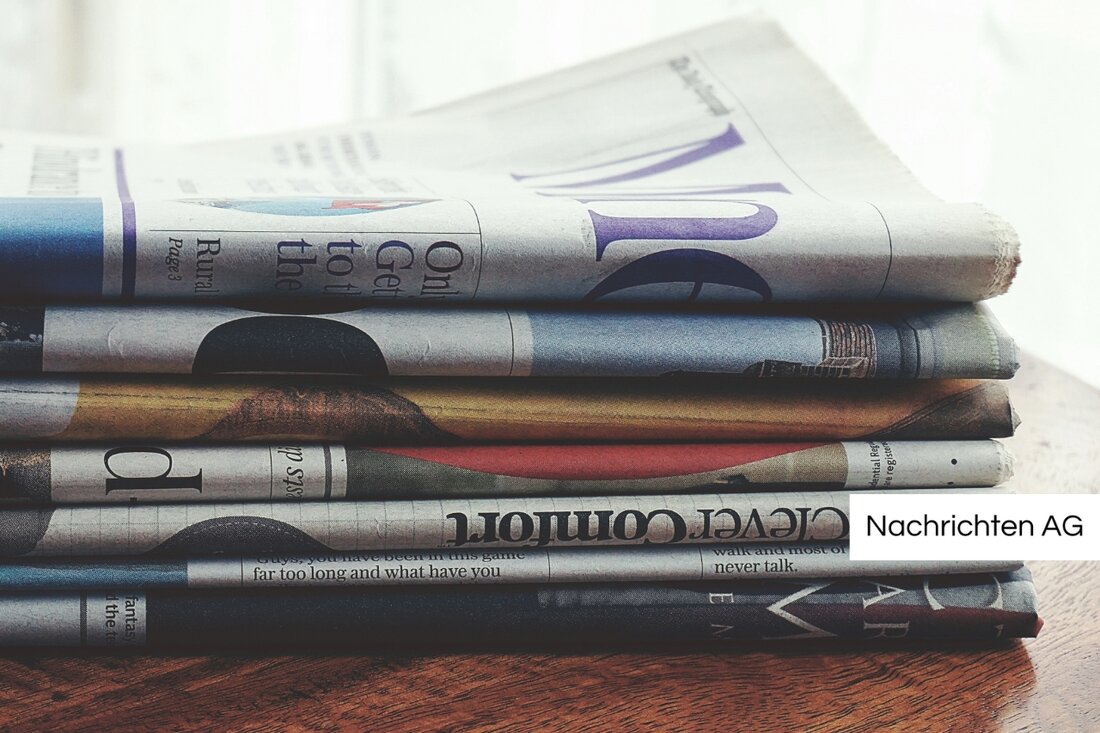Who is behind the secret millions for the WHO?
Secret donations of millions to the WHO: Origin, influence of private donors and their impact on global health strategies.

Who is behind the secret millions for the WHO?
The World Health Organization (WHO) is currently at the center of intense discussions about its funding structure. In particular, the numerous anonymous donations linked to global health crises such as the corona pandemic raise questions about independence and the influence of private donors on the WHO agenda. According to exxpress.at, the WHO not only receives public funding from member states, but also relies heavily on private donations, which could threaten its independence.
The WHO funding mechanism is complex. Private funds, including significant donations from large foundations such as the Bill & Melinda Gates Foundation, are often earmarked and therefore cannot be used freely. Critics, such as health expert Werner Reichel, see the WHO as part of a so-called “globalist network” and warn that the sovereignty of nation states is being undermined. Reichel criticized the WHO for its role during the pandemic and its perceived political influence over health issues.
The influence of the Gates Foundation
The Gates Foundation has invested a total of $5.5 billion in the WHO since 2000. A recent study by the British Medical Journal (BMJ) even describes the WHO as a “subsidiary” of this foundation. Approximately 82.6% of these funds went to infectious disease control programs, with the majority of funds, approximately 58.9%, being used specifically to combat polio. This dependence makes the organization vulnerable to the influences of its largest donors, as almost 80% of donations in 2023 came from anonymous donors, as tkp.at reports.
The close connection between the Gates Foundation and the WHO also has implications for global vaccination programs. For example, the Gates Foundation works closely with Gavi, a public-private partnership founded in 2000 to procure vaccines for poorer countries. This dynamic relationship leads to the WHO being viewed as a “vaccine lobby,” which some critics say is problematic.
WHO's financial challenges
WHO's challenges are not just financial, but also how funds are used. Over 80% of the funding consists of earmarked, voluntary payments. These are often decided by donors, not the WHO itself. The WHO's budget for 2024 and 2025 totals $6.8 billion, with the organization planning to significantly increase member states' mandatory contributions by 2030 to strengthen its independence. The German mandatory share was 31 million US dollars in 2021, which illustrates how different the contributions of the 194 member states can be, as rnd.de explains.
The WHO has repeatedly emphasized in the past that its dependence on private donors undermines the organization's independence and responsibility. To counteract this problem, unrestricted donations are requested. WHO Director-General Tedros Adhanom Ghebreyesus has repeatedly stressed the urgency of allocating funds to underfunded areas in order to effectively pursue the goal of improving the health of the world's population, particularly in poorer countries.

 Suche
Suche
 Mein Konto
Mein Konto
